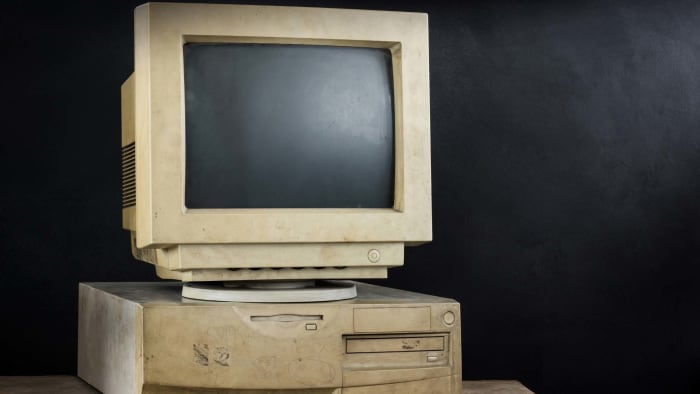
If your device is shouting out of the pain of not being able to handle the load, try out every tip written below and speed up your device.
Step one is holding cybercriminals at bay when it comes to your machine, to make it last for the long haul. Don't be a casualty. To lock hackers out, tap or click here for 5 important tricks.
Next, solve one of the most irritating problems: the Internet is sluggish. Right now, tap or click for 10 ways to improve your Wi-Fi speed. You will be able to thank me later.
Do not give it up as a lost cause if you have an older machine that doesn't cut it anymore. You can repair it almost like fresh with a couple of easy tricks. We're going to start with a good cleanup, inside and out.
1. Keep it Clean
A can of compressed air is the easiest and fastest way to clear dust and other debris. A few fast blasts and it's clean and ready for use on your keyboard. Follow the can's directions and never shake it prior to use.
Compressed air is also a helpful tool to clear up dirt and debris on your desktop from the ports. Only don't stick it into the ports directly.
2. Clean Up
Your desktop is full of endless files? The habit of saving everything and everything on your desktop is easy to get into, but it contributes to a mountain of digital clutter. Time for all those thumbnails to be sorted.
Delete them if you have files and applications you occasionally or never use on your desktop. Only right-click on the file or program and pick Delete.
Move related files into folders that make sense to you, in order to arrange everything else.
Don't waste time dragging icons across your screen if all you need is a fast kind. Right-click the screen (not directly on the icon) and pick Changed Name, Height, File, or Date under Sort by. For Mac users, check out the how-to guide from Apple. Now your icons can be organized into tidy rows.
3. Cache Clean
Cache and cookies are temporary files your system creates when you visit a website, regardless of which browser you use. You need to routinely clean up these files to help your system run efficiently.
4. Clean unwanted Files
Old downloads, years of documents, and thousands of photos can significantly slow down your system. Keeping your files tidy is key to speed. Go through your documents and photos, and delete everything you don’t need. Yes, it’ll take some work on your end but it will make a difference.
5. Updates to be installed regularly
Last, but certainly not least, you must update your software and firmware regularly. Neglecting this puts you at the mercy of cybercriminals, which could prove fatal to your computer or even worse. Don’t leave your system vulnerable. When you receive a notification that there’s an update available for your computer, install it right then or at least schedule your next update.